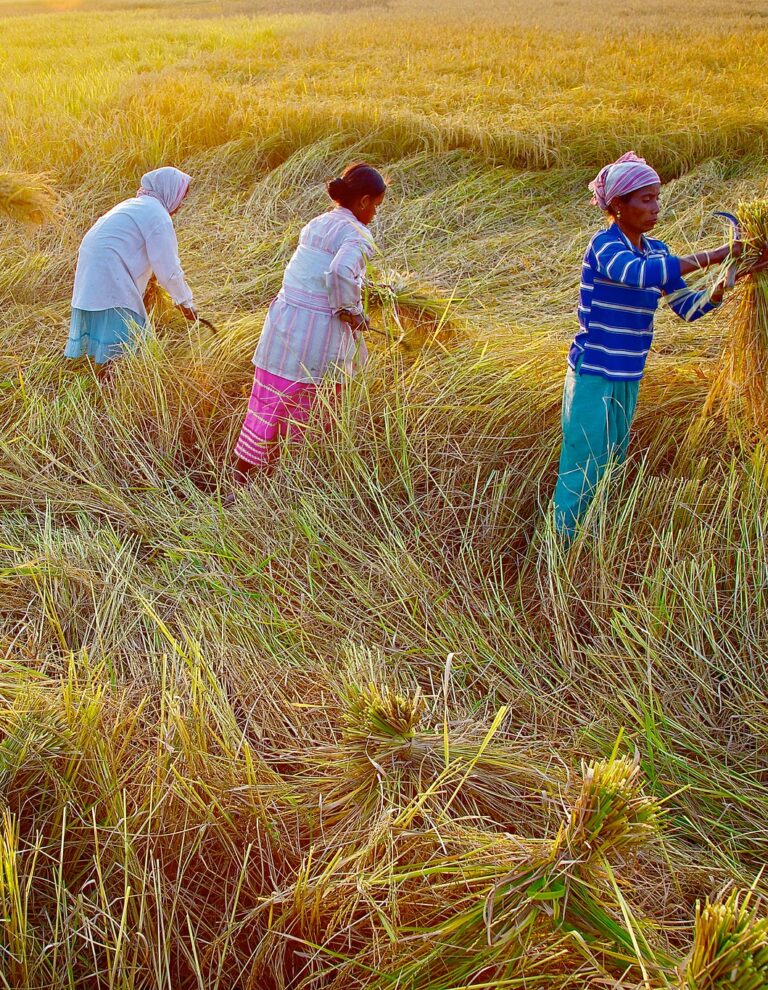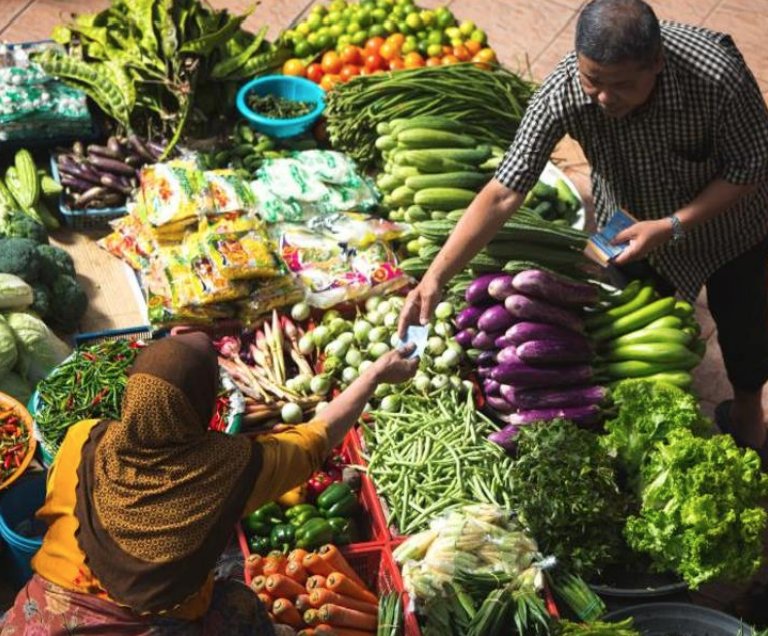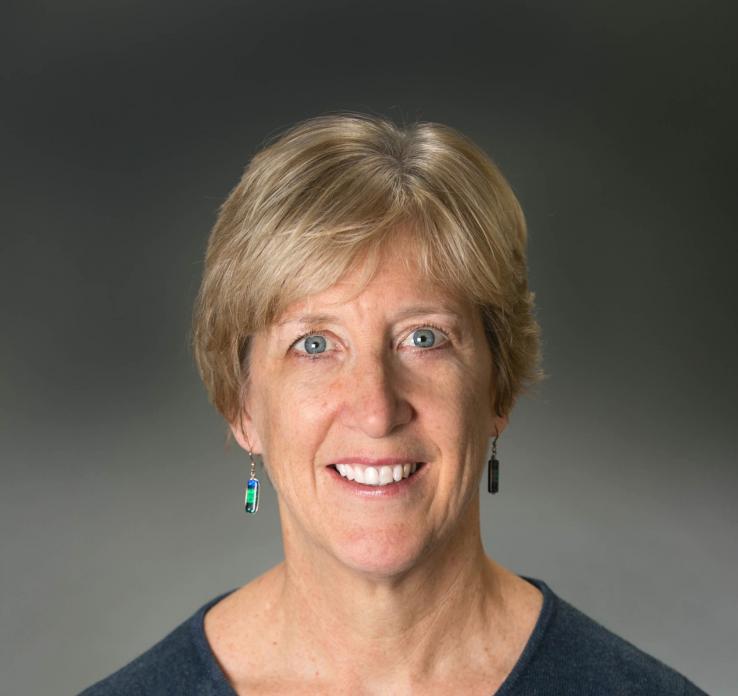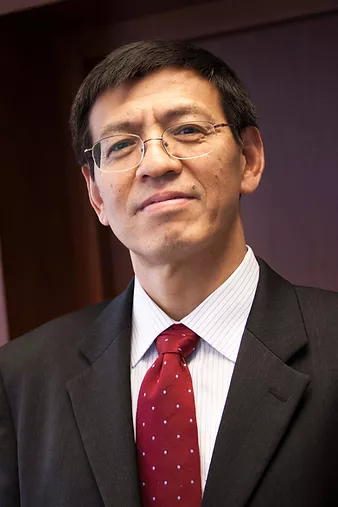
Dr. Stella Nordhagen is an FSEC Commissioner and researcher with the Global Alliance for Improved Nutrition (GAIN), an organization working to transform food systems so that they deliver more nutritious foods for all people, especially the most vulnerable. We spoke to Stella about her work and vision for the Commission.
First of all, what does food system transformation mean to you?
Big question! It is an unavoidable and irrefutable fact that food systems have transformed, are transforming, and will continue to transform. When we speak about ‘food system transformation,’ I see it as being fundamentally about reclaiming our collective agency in the process: being able to decide what we want the future food system to look like, to identify the specific transformations required to get us there, and to chart a course to achieve them. Specifically, I would want that transformation to be about shifting the food system to be more supportive of human and planetary health and wellbeing, including by making it much more inclusive.
In what ways are you contributing to achieving this transformation?
My work focuses on improving access to safe and nutritious foods in lower-income countries—both through research and through translating evidence to support on-the-ground programming in Africa and Asia. For example, I work on improving food safety in traditional markets in urban Nigeria and Ethiopia; on developing and testing innovative methods of communicating nutrition topics with communities in rural Mozambique; and on strengthening agricultural cooperatives in Kenya to improve access to nutrient-dense foods in remote areas. All of this work revolves around micro-level transformations, improving one aspect of the food system at a time. I also work to expand access to global data on food systems through the Food Systems Dashboard initiative, improving metrics related to diet quality for young children, and developing new tools to guide socially responsible nutrition investments—and, of course, I’m also involved with FSEC. These efforts aim to facilitate a broader and longer-term transformation by presenting evidence in a way that it can guide better decisions.
Which aspect of the food system should we be paying more attention to?
We must not lose sight of those who are most vulnerable to malnutrition (and often to climate change) and whose livelihoods depend on food production and food supply chains, most of whom live in low- and middle-income countries. For transformation to be just, it must not only increase their access to safe and nutritious and sustainably produced foods at affordable prices but also improve their quality of life and increase their agency within the food system. I am happy that FSEC considers equity and inclusion as central to its analysis of food system transformations.





